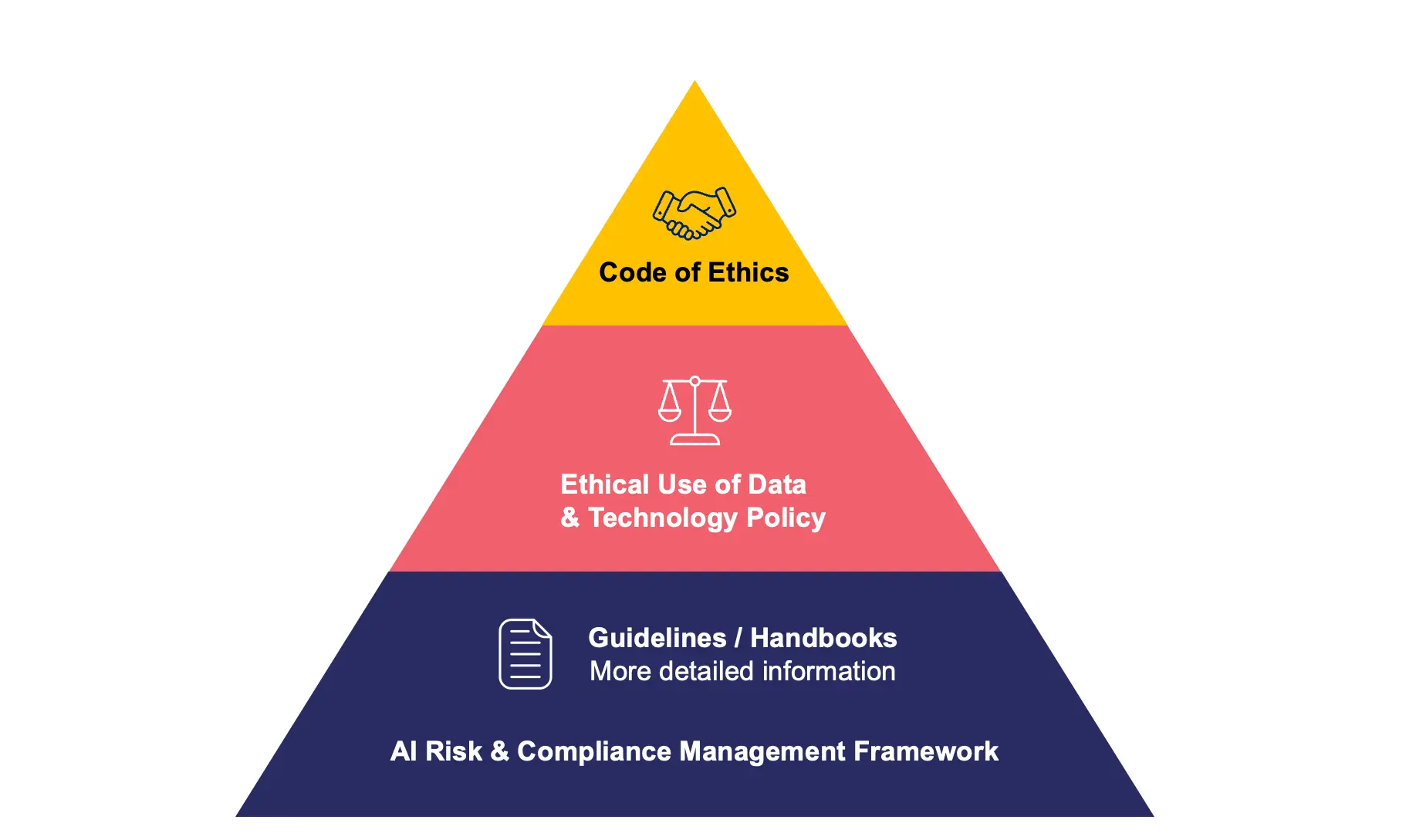At Novartis, we are committed to the responsible development, deployment, and use of AI technologies. Our goal is to ensure that AI serves the greater good in developing medicine, enhancing human capabilities and creating positive societal impact while minimizing risks and unintended consequences.
As AI becomes an integral part of our everyday lives, it holds incredible potential to increase patient access, improve customer experience, drive automation and provide predictive analytics. It also has the potential to improve the speed and accuracy of diagnosis, treatment protocols, drug discovery, drug development, patient monitoring and patient care, among other applications that will improve patients’ lives.
This potential comes with great responsibility.
- We believe that ensuring the ethical, transparent, and responsible use of AI is essential for building trust and safeguarding individuals and our company.
- Our commitment to the responsible use of AI systems comes along with a desire to promote safety and sustainability in all AI-driven innovations.
- We will ensure that the use of AI systems has a clear purpose, that is respectful of human rights and is accurate, truthful, not misleading and appropriate for the intended context.


